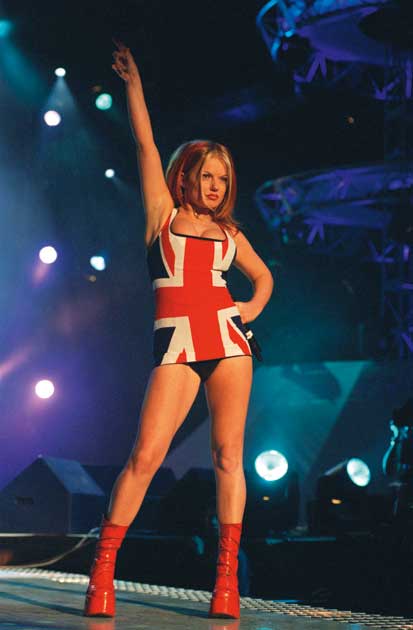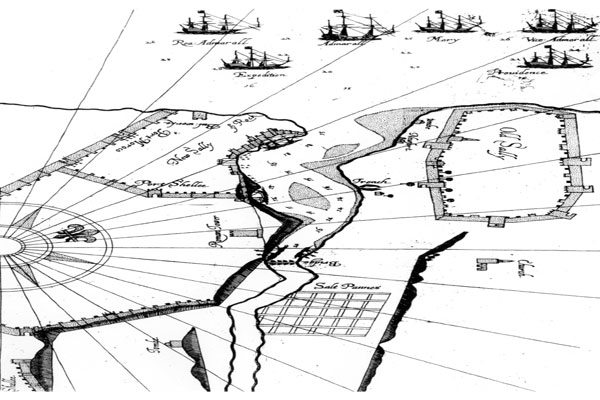The last time David Peace wrote a novel about football he got his publishers sued for libel, which may help explain why his new one avoids invention wherever it
can squeeze interest out of such stony matters of record as team sheets and attendance figures.
Red or Dead follows the legendary manager Bill Shankly from his arrival at
Liverpool — second-division stragglers in 1959 — to his death in 1981, seven years after retirement, having built a league-winning team that went on to rule Europe.
Already a subscriber? Log in
Subscribe for just $2 a week
Try a month of The Spectator Australia absolutely free and without commitment. Not only that but – if you choose to continue – you’ll pay just $2 a week for your first year.
- Unlimited access to spectator.com.au and app
- The weekly edition on the Spectator Australia app
- Spectator podcasts and newsletters
- Full access to spectator.co.uk
Unlock this article
You might disagree with half of it, but you’ll enjoy reading all of it. Try your first month for free, then just $2 a week for the remainder of your first year.











Comments
Don't miss out
Join the conversation with other Spectator Australia readers. Subscribe to leave a comment.
SUBSCRIBEAlready a subscriber? Log in